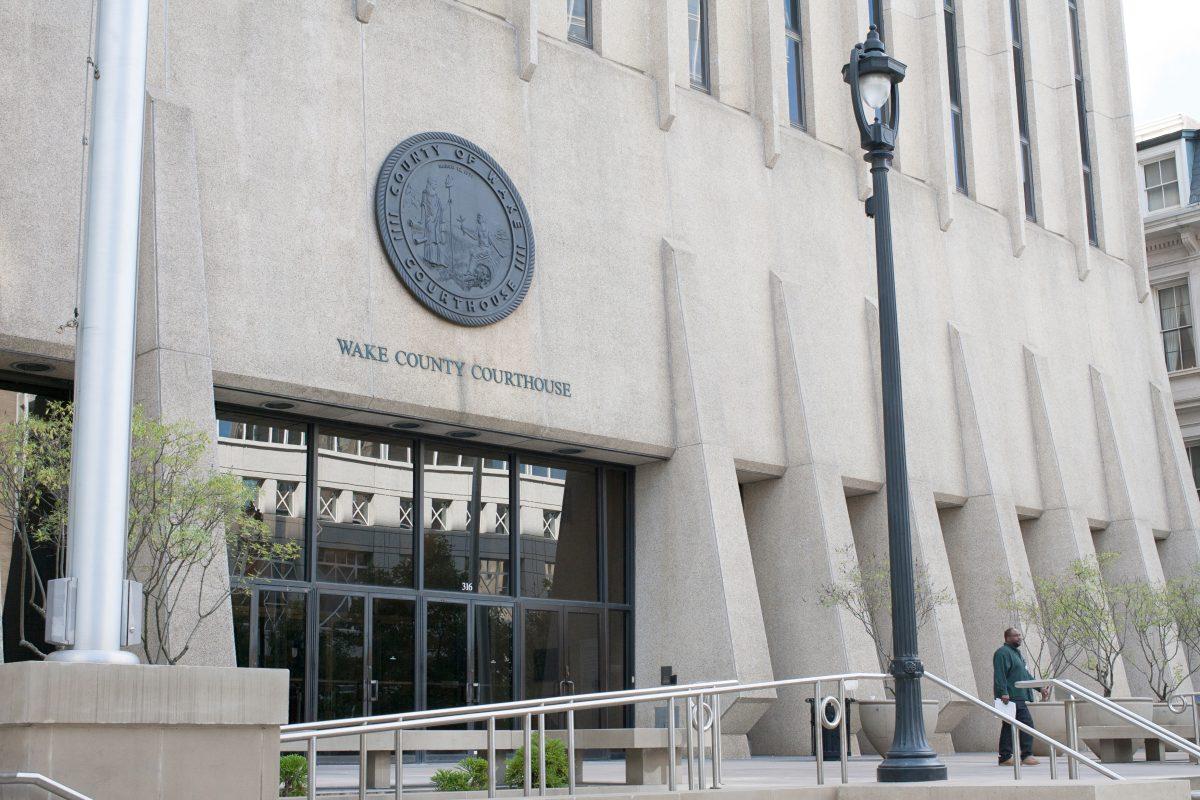A Wake County judge declined to stop the sale of N.C. State’s Hofmann Forest in response to a September lawsuit Tuesday.
Special Superior Court Judge Shannon R. Joseph said the N.C. State professors, foresters and conservationists who filed the lawsuit failed to prove that the forest would be irrevocably damaged if the sale went through.
However, the plaintiffs still have a chance to stop the $150 million sale because Joseph didn’t dismiss the case altogether. Instead, she refused to grant an injunction, or a court order prohibiting a party from a specific course of action. Joseph will decide later whether to dismiss the case, according to Fred Cubbage, a professor of forestry and natural resources and forest economics at N.C. State.
If Joseph ends up dismissing the lawsuit, the plaintiffs will appeal the case in a higher court, Cubbage said.
Cubbage, who has led several protests against the sale since its announcement, attended the hearing along with other professors and conservationists and said the lawsuit emphasized potential environmental damage as a result of the sale.
Opponents of the sale also said the contract between N.C. State and the forest’s buyer, Hofmann Forest LLC, doesn’t guarantee the company won’t convert existing pine forests into farmland or residential and commercial properties.
Though Hofman Forest LLC, which signed a contract to purchase the forest in October, said it plans to leave the forest “as it is” according to a company spokesperson, Cubbage said he is skeptical about its plans to generate income.
According to Cubbage, Hofmann Forest LLC will have to pay property and income taxes from the sale and generate millions of dollars per year to pay off its debt.
“The only way [Hofmann Forest LLC] is going to earn that much money is to have significant agricultural, commercial or residential development,” Cubbage said. “Either that, or they’ll have to convert the pine forests to corn or soy bean fields. They will have to use the forest more intensively.”
Developing the land for commercial or residential property would require building sewer systems and roads that could harm animal habitats, plant life and possibly water quality, Cubbage said. Agricultural development could also adversely affect the environment.
“[Developing the Hofmann Forest] would certainly be tough for bears, rattle snakes and other animals in the forest in general,” Cubbage said. “Another thing is agriculture. Crops have erosion rates that are at ten times higher than a forest without these crops.”
Cubbage said the plaintiffs were disappointed with Joseph’s decision, but they still plan to do everything they can to prevent the Hofmann’s sale until the case gets dismissed.
“[Joseph’s] decision about whether or not the case can continue will be the key issue. We will continue the case as long as the judge does not dismiss it,” Cubbage said. “We might be able to prevail but there’s no way to know for sure.”
According to The News & Observer, N.C. State officials decided to sell the forest because forestry research and teaching are taking place at other locations. Also, state budget cuts have limited the University’s funding, and administrators said they wanted to sell the Hofmann for a “smart investment.”








